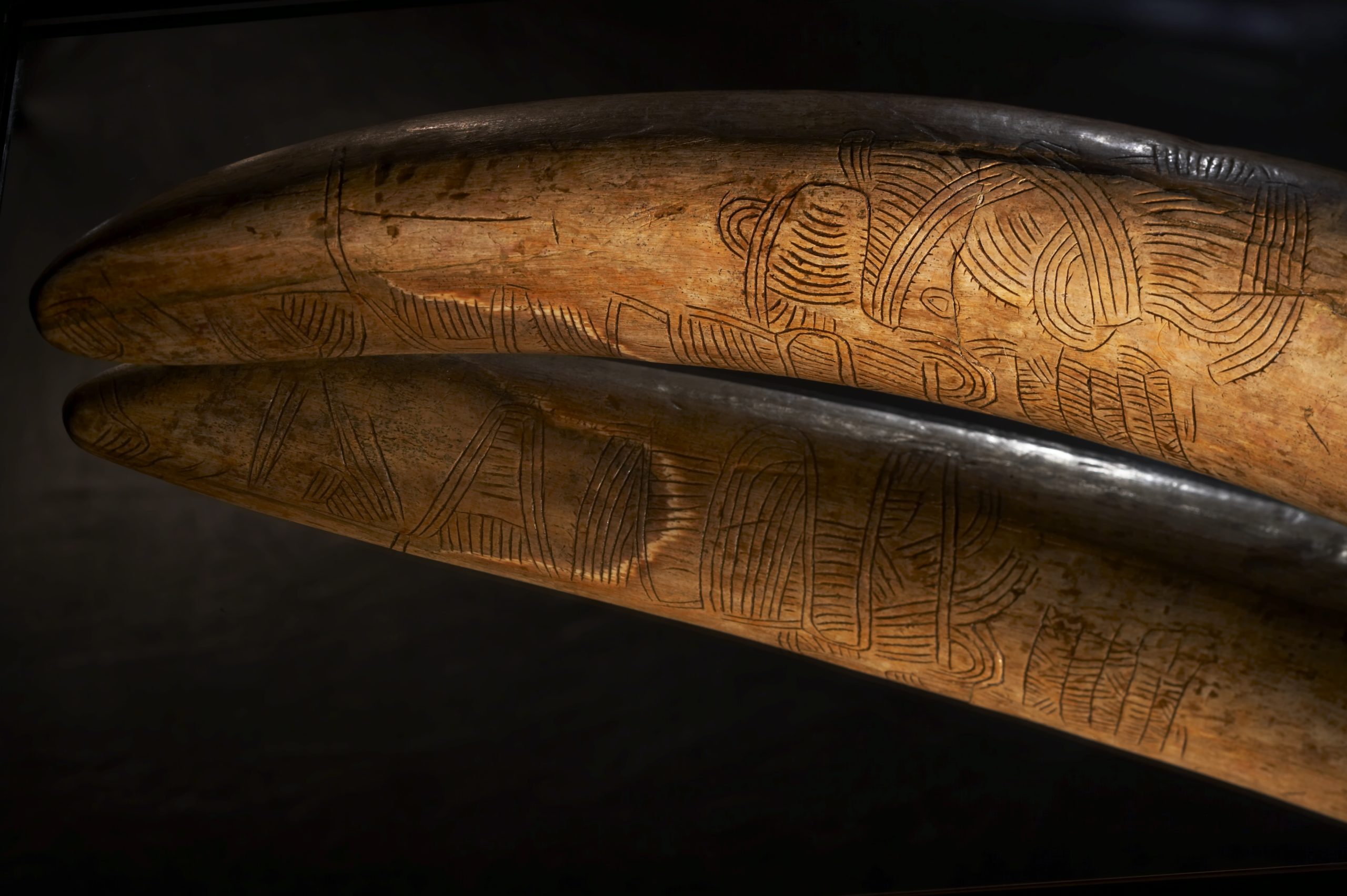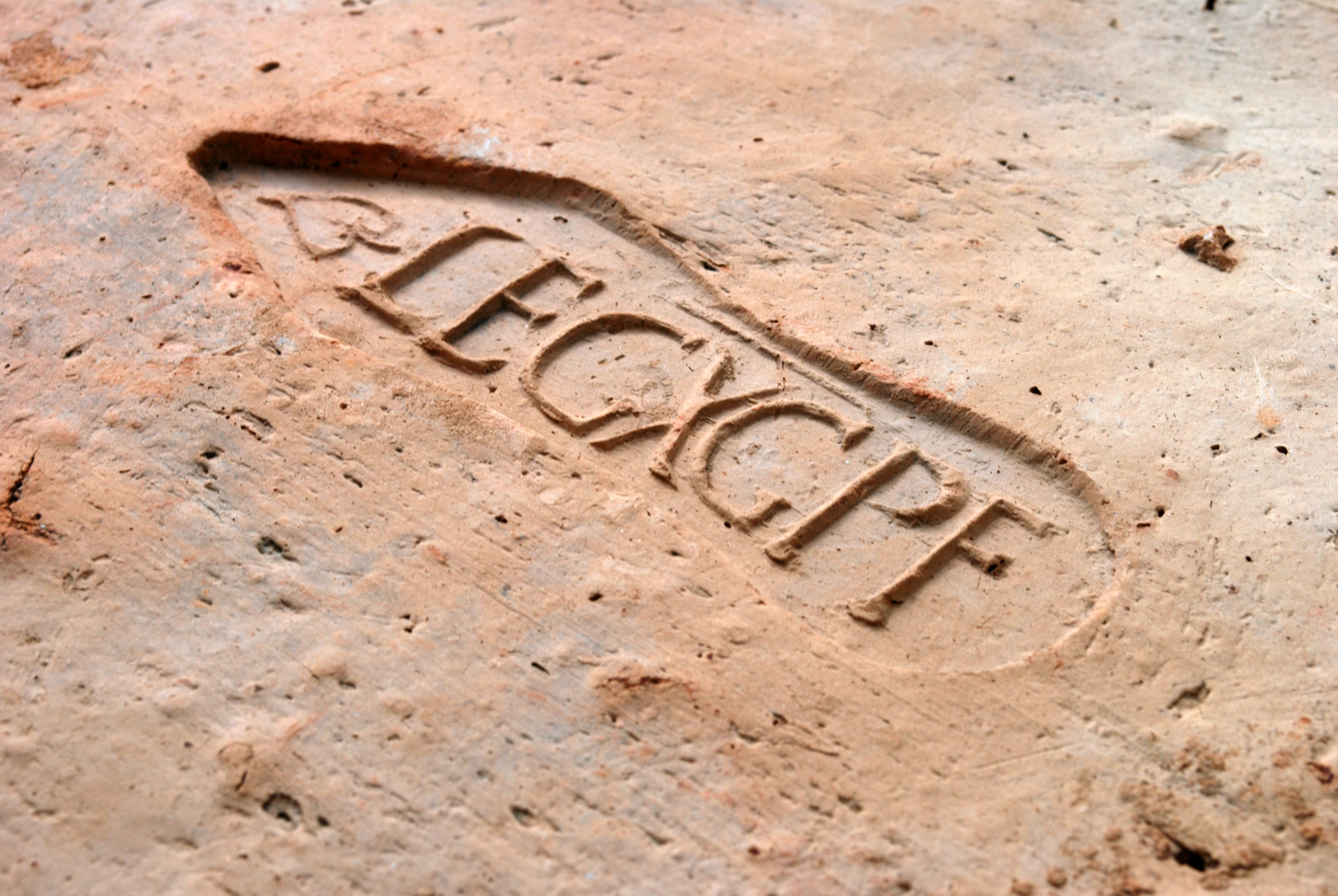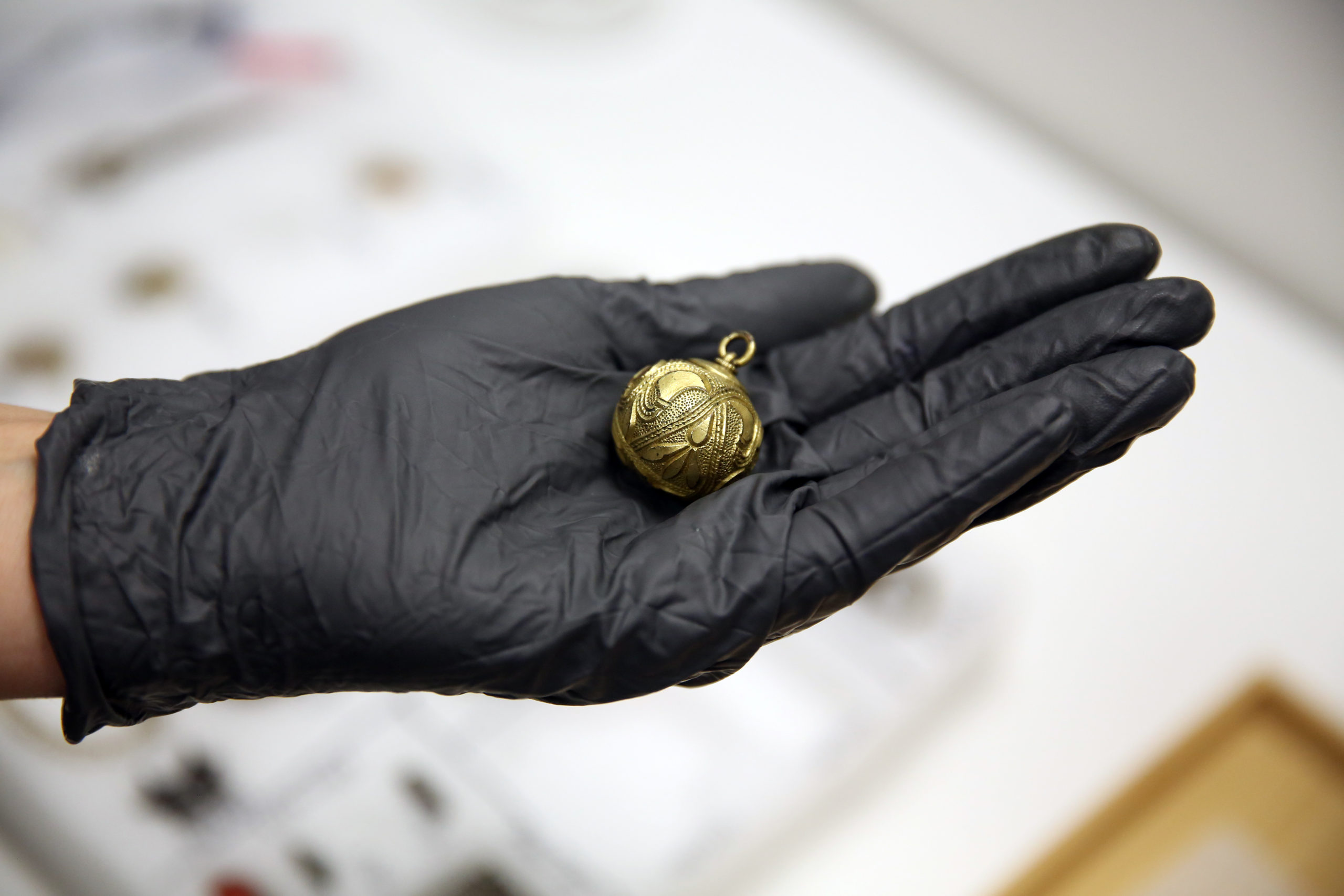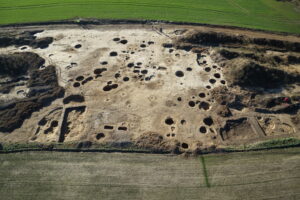We cooperate intensively on research with numerous institutions, their scientists and students at both Czech and foreign universities.
There are many ways to cooperate with us:
We welcome university students of all levels
-
How can ARÚB help me with my archaeology studies?
Our researchers have experience as supervisors of student theses so when choosing the focus of their study, students who cooperate with the institute can draw not only on the university environment but broaden their range of topics and supervision beyond its framework.
At ARÚB, Bachelor and Master’s students have the opportunity to examine and assess smaller artefact assemblages deposited in our collections. By processing the material from our fieldwork, correctly treated and inventoried, they can not only participate in important research but also complete another level of their study with their required thesis.
PhD students at ARÚB often work with more exclusive archaeological material, which can be an asset for their doctoral thesis and further career.
-
What topics can I focus on at ARÚB?
The specific subject areas are always based on research topics that ARÚB pursues in the long term, or on the collections of the institute’s archaeological depositories or the depositories at cooperating institutions. Study materials that are located at the institute and, for example, in regional museums, can be combined.
-
How can ARÚB contribute to my professional growth?
Since ARÚB deals with certain thematic areas that our researchers are dedicated to in the long term, it offers quality supervision of diploma theses with a deeper insight into the issues at hand and closer scientific cooperation between students and our research teams.
We also offer the possibility of scientific implementation of exclusive topics. Cooperation with us considerably improves the perspectives of successfully remaining in the field and advancing one’s career, including integration in research teams upon successful completion of your studies.
Students attend fieldwork under the supervision of ARÚB; initially as temporary jobs (in the form of an agreement to complete a job). Fieldwork is not conditional on completion of a Bachelor or Master’s thesis using the institute’s collections. It is possible without active scientific cooperation although it usually precedes the assignment of a topic and is often the first contact between the student and our institute, which may later develop into a more permanent relationship.
Students can accomplish the material part of their thesis at ARÚB’s depositories, using the institute’s research infrastructure – from laboratories and consultation with researchers to accommodation facilities.
-
What forms of financial support can I obtain as a student?
The use of our archaeological services free of charge considerably reduces the preparation costs of the thesis, especially due to the availability of advanced analytic and conservation methods.
A further benefit is that we provide free accommodation facilities to students and interns, both Czech and foreign, either at the Brno headquarters or at the institute’s bases.
Doctoral students have institutional support available in the form of the Czech Academy of Sciences’ research programmes (e.g. AV21 Strategy).
Doctoral students of the Faculty of Arts of Masaryk University can apply for half-time student research positions for the entire duration of their doctoral studies.
-
Who should I contact if I am interested?
You can contact the individual researchers depending on the topic you are interested in, or the staff of the ARÚB secretary who will direct you to the relevant contact.
Based on grants, we cooperate with Czech and foreign scientific institutions
-
What do we offer?
We offer participation in the scientific areas we investigate to other institutions that conduct thematically similar research, have comparable archaeological material or analytical instruments at their disposal, use similar methodology or wish to partake in using the project results as a guarantor.
-
What is our goal in grant cooperation?
The mission of the Czech Academy of Sciences is research focused on the issues and challenges facing contemporary society. We are open to dialogue at an interdisciplinary level and looking for overlapping and current topics, primarily based on our cross-sectional topics.
-
What particular interdisciplinary cooperation are we developing?
We cooperate with numerous institutions, both domestic and foreign, which are primarily involved with natural science methods.
Together with anthropologists, we process the finds of human skeletal remains from the Palaeolithic to the Early Middle Ages, and with archaeozoologists and osteologists the finds of animal bones in the context of archaeological sites.
(Max-Planck-Institute for Evolutionary Anthropology; University in Aberdeen; National Museum; Department of Anthropology and Human Genetics, Faculty of Science, Charles University; Department of Anthropology, Faculty of Science, Masaryk University)
Our archaeobotany specialists, in cooperation with other institutions in this field, examine archaeologised plant seeds.
(Department of Archaeology, Constantine the Philosopher University, Nitra)
We analyse artefacts acquired by archaeological research – including chipped or polished stone industry, pottery or metal artefacts, especially weapons and jewellery – with the help of colleagues from the natural sciences.
(Department of Geological Sciences, Faculty of Science, Masaryk University; Institute of Archaeology of the Czech Academy of Sciences, Prague; Institute of Materials Science and Engineering, Brno University of Technology; mentorship: Römisch-Germanisches Zentralmuseum Mainz)
-
What sources of financing do we use?
The main sources of grant financing are:
- the Czech Science Foundation
- the National Cultural Identity programme of the Ministry of Culture
- the Research, Development and Innovation programmes of the Ministry of Education, Youth and Sports
- the Research, Development and Education operational programme
- regions within the framework of the Regional Cooperation programme
- internal programmes of the Czech Academy of Sciences
-
Are you interested in cooperating with us?
If your institution wishes to participate in ARÚB research, please contact sekretariat@arub.cz or the responsible person at the relevant research centre depending on the specific focus of the collaboration.
Information for foreign applicants
-
How can I participate in cooperation as a foreign researcher?
Involving foreign colleagues is an objective of the Programme of Support of Promising Human Resources – Postdoctoral Students – of the Czech Academy of Sciences. A call for junior researchers from other institutions is issued twice a year, offering the opportunity to gain a two-year work contract with ARÚB and investigate a particular research task with us, including the possibility of monographic publication of their research within ARÚB.
We can also finance longer-term stays (weeks to months) of foreign workers within the framework of inter-institution mobility agreements of the Czech Academy of Sciences and, if necessary, secure accommodation at ARÚB for short-term study stays.
-
What is the target destination – the city of Brno?
Brno, the second-largest city in the Czech Republic with 380,000 inhabitants, is easily accessible from Prague, Vienna or Bratislava by road or rail transport; it also has an international airport.
It is a modern Central European city with immense potential for the future. It is a city of students (who comprise 20% of the population) and a symbol of the industrial boom of the late 19th and early 20th century, with numerous exceptional examples of modern architecture – industrial areas as well as luxury villas. You can also find many open parks within the city and protected nature areas nearby. You will enjoy your stay in the city due to its compact size (the centre can easily be explored on foot), numerous exhibition institutions, galleries and theatres, and also because gastronomically, Brno is one of the Czech Republic’s most progressive cities.
-
Where can I find reliable information about life in Brno?
Information about the city is available from the Tourist Information Centre website or on the official city website. The current list of events and tourist destinations is presented on the Go To Brno portal. If you are planning a longer stay in Brno, the most extensive source of practical information about life in the city and the Czech Republic, in general, is the Brno Expat Centre website. The most important and most interesting data about the region concerning innovation, business, education and research can be found in the 2021 Data Report and on the #brnoregion website.




